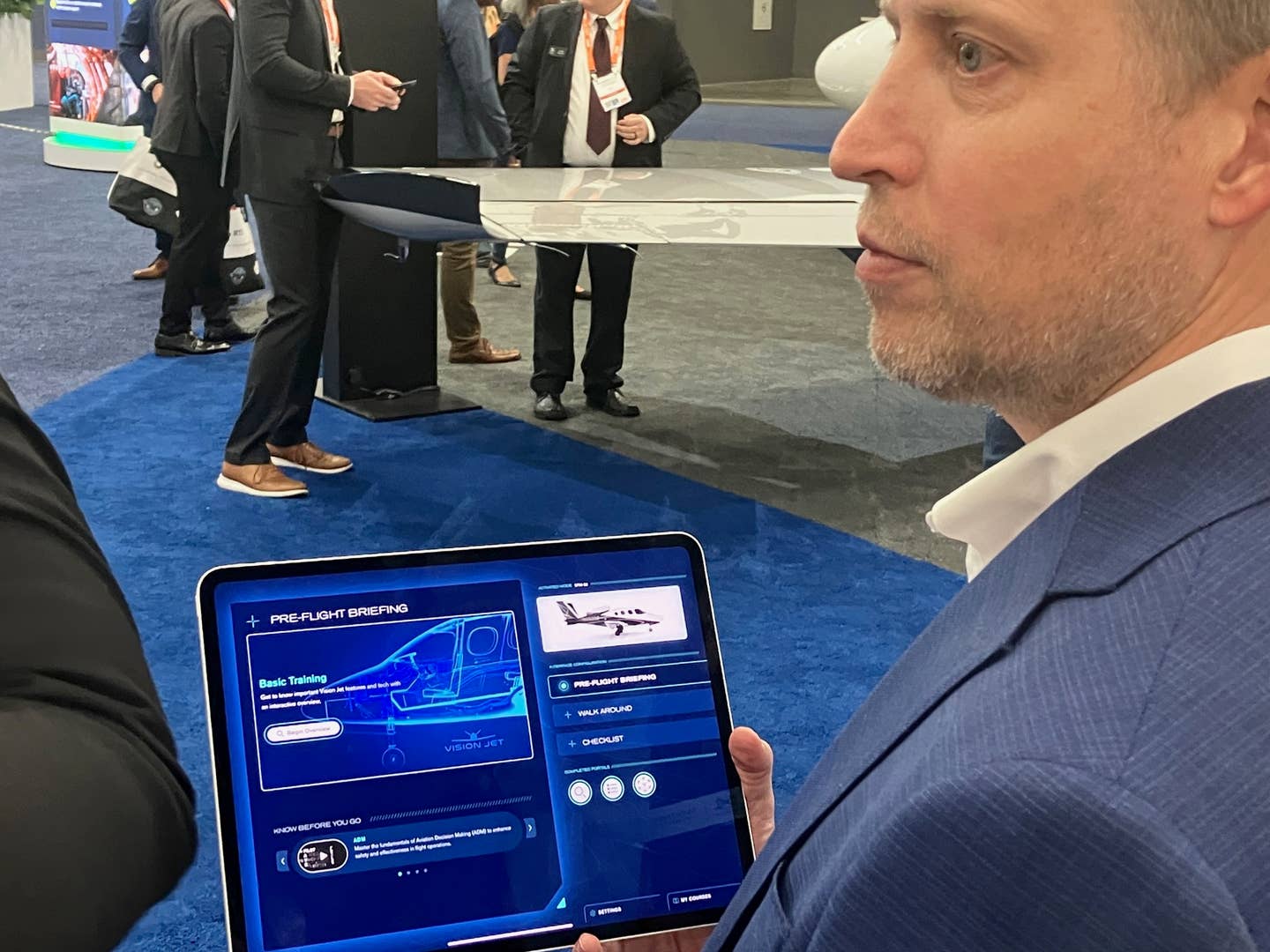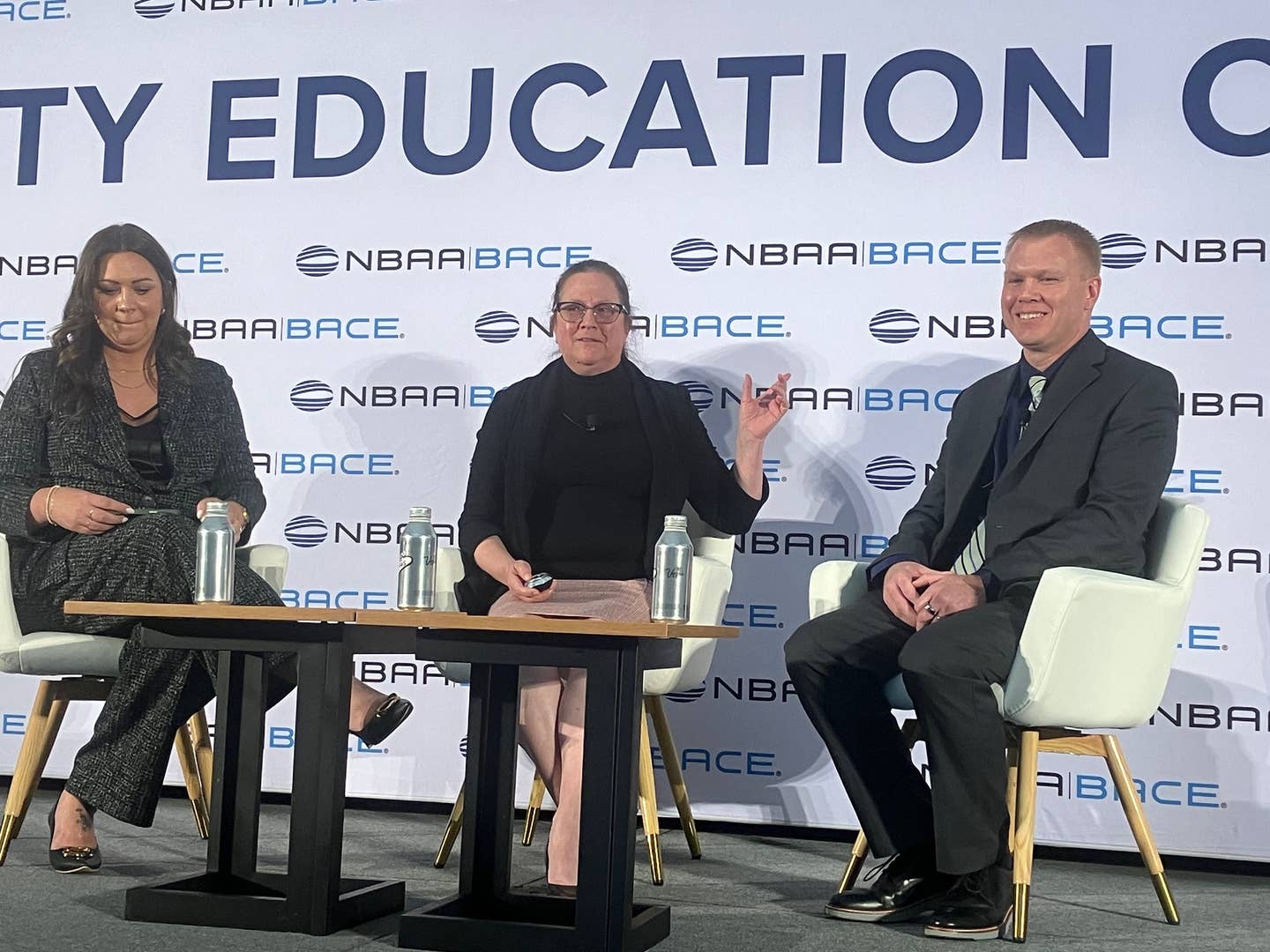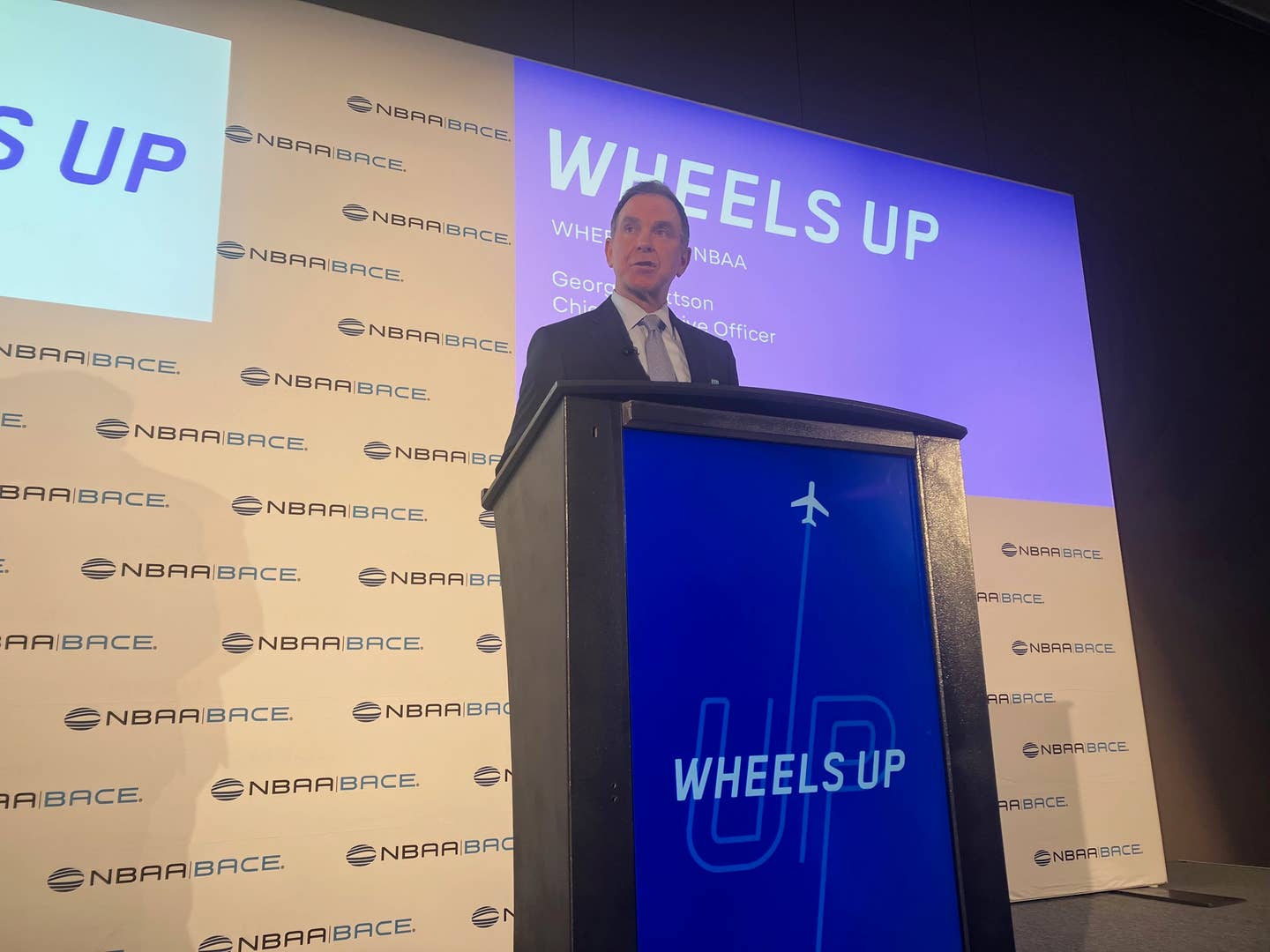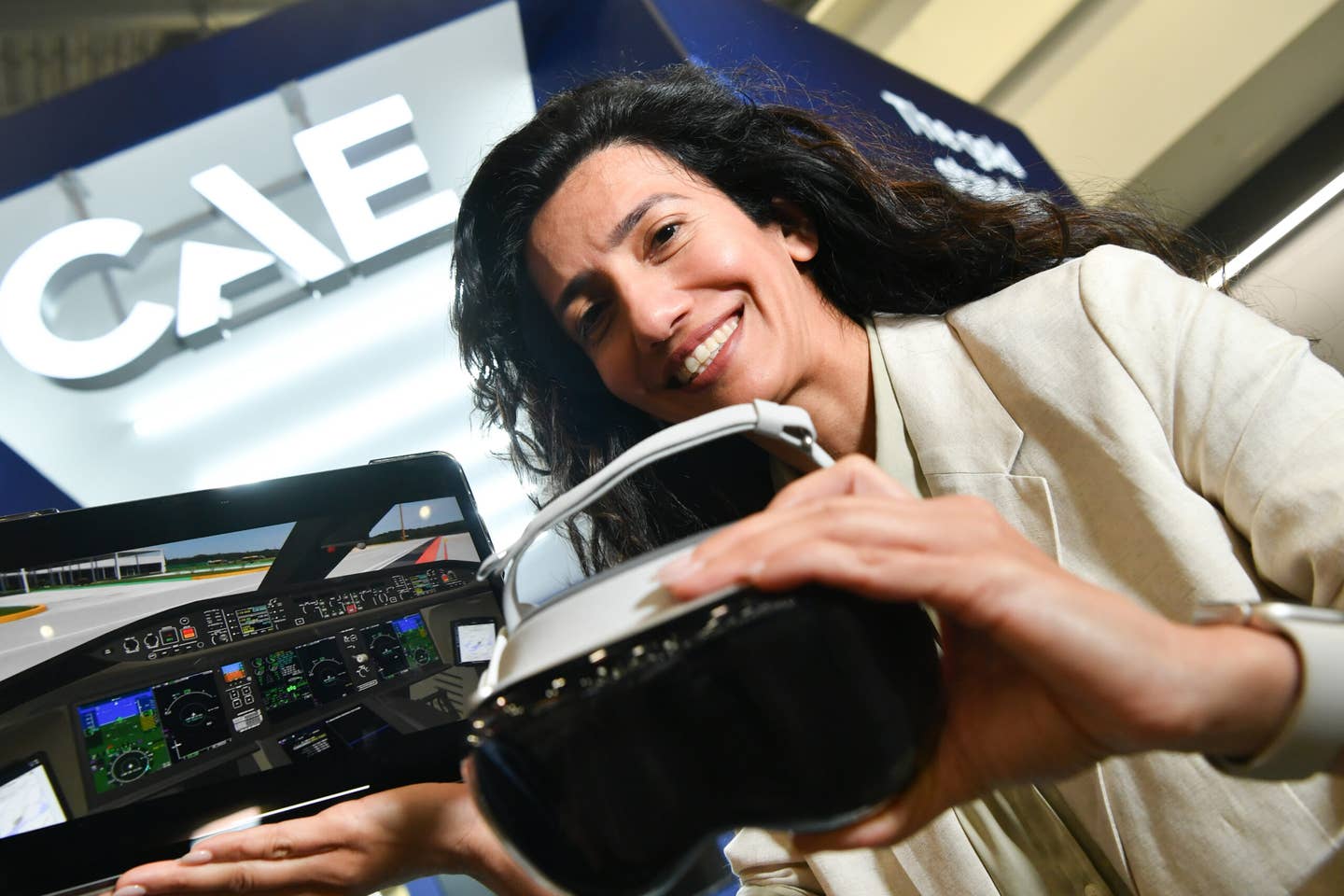Canadians Reconsidering Passenger Rule
Canadian authorities are considering a rewrite of commercial charter regulations in response to a request from Texas Turbines for full recognition of a U.S. Supplemental Type Certificate (STC) on its Cessna Caravan engine conversion. The company puts 900-horsepower Garrett turbines in the Caravan, replacing the 600-675 horsepower PT-6s that come standard, but a quirk in Canadian regulations is keeping many operators from making the switch. When single-engine turboprops were first allowed to carry passengers in IFR conditions, Transport Canada inserted a requirement that only “factory-built” aircraft would qualify. In a podcast interview, Texas Turbines President Bobby Bishop says he’s making headway convincing Canadian authorities to reconsider the pax ban for modified aircraft such as the Super Van 900.
 Canadian authorities are considering a rewrite of commercial charter regulations in response to a request from Texas Turbines for full recognition of a U.S. Supplemental Type Certificate (STC) on its Cessna Caravan engine conversion. The company puts 900-horsepower Garrett turbines in the Caravan, replacing the 600-675 horsepower PT-6s that come standard, but a quirk in Canadian regulations is keeping many operators from making the switch. When single-engine turboprops were first allowed to carry passengers in IFR conditions, Transport Canada inserted a requirement that only "factory-built" aircraft would qualify. In a podcast interview, Texas Turbines President Bobby Bishop says he's making headway convincing Canadian authorities to reconsider the pax ban for modified aircraft such as the Super Van 900.
Canadian authorities are considering a rewrite of commercial charter regulations in response to a request from Texas Turbines for full recognition of a U.S. Supplemental Type Certificate (STC) on its Cessna Caravan engine conversion. The company puts 900-horsepower Garrett turbines in the Caravan, replacing the 600-675 horsepower PT-6s that come standard, but a quirk in Canadian regulations is keeping many operators from making the switch. When single-engine turboprops were first allowed to carry passengers in IFR conditions, Transport Canada inserted a requirement that only "factory-built" aircraft would qualify. In a podcast interview, Texas Turbines President Bobby Bishop says he's making headway convincing Canadian authorities to reconsider the pax ban for modified aircraft such as the Super Van 900.
The first STC for the Garrett conversion was for a wheel-equipped 208B and the company is now working on one for an amphibious standard Caravan. Bishop said he's had interest from all over the world for the souped up Caravan, which he said flies and climbs faster. It also offers superior high and hot operation and the extra speed and power helps it handle ice better.






